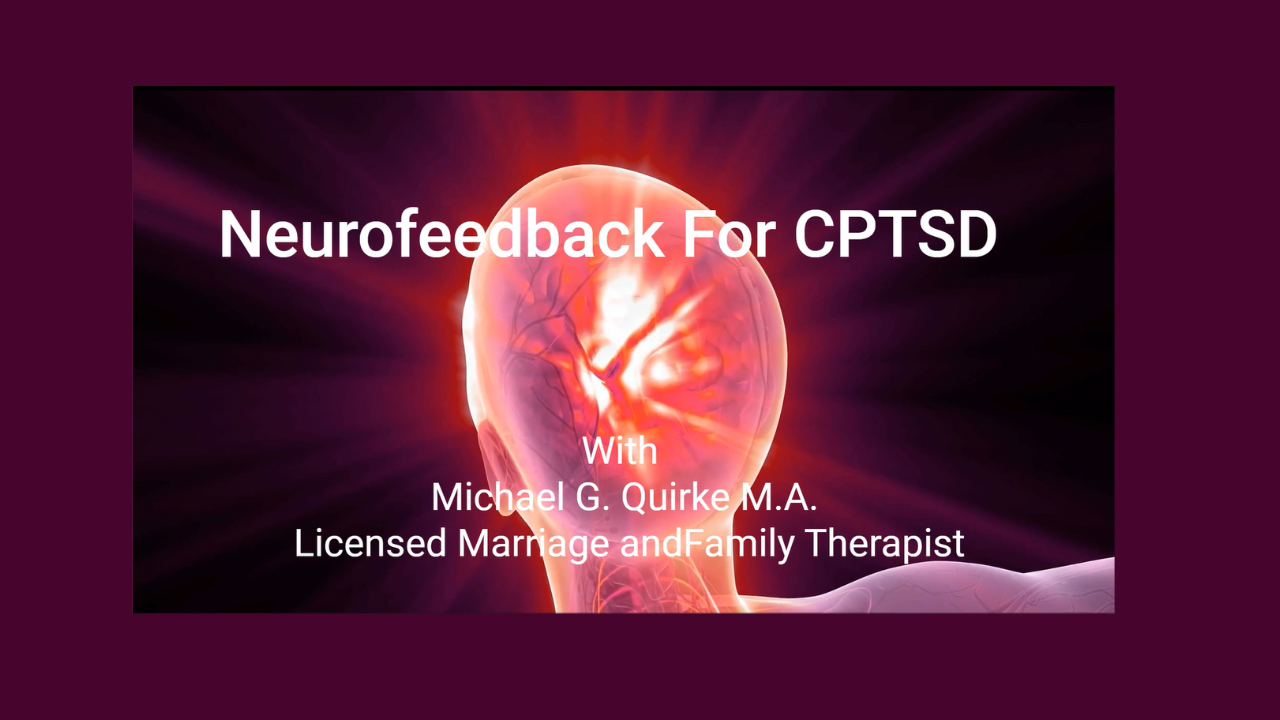 Developmental trauma treatment is a clinical specialty-it’s not practiced widely. Most therapists can probably help you with the effects of a “less than optimal” early life. But unless the therapist has specialized developmental trauma treatment training and experience, you are likely to spin your wheels in therapy.
Developmental trauma treatment is a clinical specialty-it’s not practiced widely. Most therapists can probably help you with the effects of a “less than optimal” early life. But unless the therapist has specialized developmental trauma treatment training and experience, you are likely to spin your wheels in therapy.
Sadly, that’s a tale I’ve heard from patients time and time again throughout my career.
Let’s dive in. Typically, when you think of childhood trauma, it’s connected to events of which you have a conscious memory.
For instance, as a child, your parents may have been emotionally abusive to you. That trauma—perhaps occurring over a long period of time—had an emotional impact on you. And even as an adult, you remember those childhood experiences.
But could childhood trauma also occur without you having a conscious memory of it? Absolutely. In fact, having few memories before the age of 6 is considered to be normal by researchers.
What’s more, developmental trauma often rears it’s head later in life as symptoms that are thought of as “body memories”. Body memories tend to show up as implicit “feeling flashbacks”, hyper-vigilance, and chronic fight, flight, freeze or submit states.
Developmental trauma treatment is intended to address this type of trauma. Specifically, it’s possible to find recovery through neurofeedback treatment.
How Developmental Trauma Occurs
Development trauma can happen during the first few years of life when you are still an infant or a child.
The term refers specifically to how your brain develops during this time. Remember that the brain grows from the ground up. Each additional layer adds to your capability of processing information and emotional control. Thus, by the time you reach adulthood, you have the mechanical framework to cope with your environment.
But what if this process was disrupted? Maybe this happened through situations that affected your ability to feel safe.
This could include:
- Physical abuse
- Sexual abuse
- Emotional abuse
- Neglect
- Exposure to war or similar violence
- Early separation from one’s birth family.
- Adoption and foster care experience
While you typically don’t have a conscious memory of these incidents, they can have a dramatic effect on shaping how your brain develops. And that means that you could be more susceptible to behavioral and emotional problems as an adult.
For example, you may have one or more of the following problems later in life:
- Reactive attachment disorder
- ADHD symptoms
- Bipolar disorder
- Oppositional defiant disorder
- Learning disabilities
- Chronic Anxiety or Mood disorders
What this says is that early childhood is more important than you may have realized for lifelong mental health. If you experienced developmental trauma, that experience can resonate throughout the rest of your life, brewing beneath the surface.
However, neurofeedback treatment can help address the issues developmental trauma has caused.
How Neurofeedback Treatment Can Help with Developmental Trauma
Neurofeedback is an exciting therapeutic treatment option that utilizes listening to what your own brain is telling you. During sessions, you watch brain patterns on a screen that come from sensors affixed to your head.
These sensors transmit data that you see in real-time in the form of brainwaves. That way, you can see changes in your brain patterns at the same time your thought occur or as you recall certain things. As you observe, a therapist trained in the technique helps interpret the data for you so you understand what is happening.
How does neurofeedback treatment help with developmental trauma? By retraining your brain.
When you think about it, your brain has learned from early childhood trauma how to think and process information. Yet, the way it has learned to process things can be very ineffective, even damaging to you.
Hence, during a neurofeedback session, you watch your brain patterns shift and fluctuate depending on how your therapist guides you. The goal is to calm your mind and aide it in its recovery from the developmental trauma you experienced when an infant. For example, by using neurofeedback to teach the brain to utilize other frequencies than what it uses currently.
Neurofeedback Supports Your Recovery and Healing
Developmental trauma treatment means addressing the damage that occurred to your brain at a very young age. With neurofeedback treatment, you are not putting a bandage on the emotional wound. Instead, you are getting to the root source of the problem.
What this means for developmental trauma treatment is that you can change your brain patterns that were established all those years ago in childhood. And you actually retrain your brain on how to process information and respond to stress. This makes neurofeedback therapy a great resource as you recover from developmental trauma.
If you would like to know if neurofeedback therapy could work for you, reach out to me today. I’m a therapist who is trained in the technique, and it would be my pleasure to help you on your road to recovery and healing.





